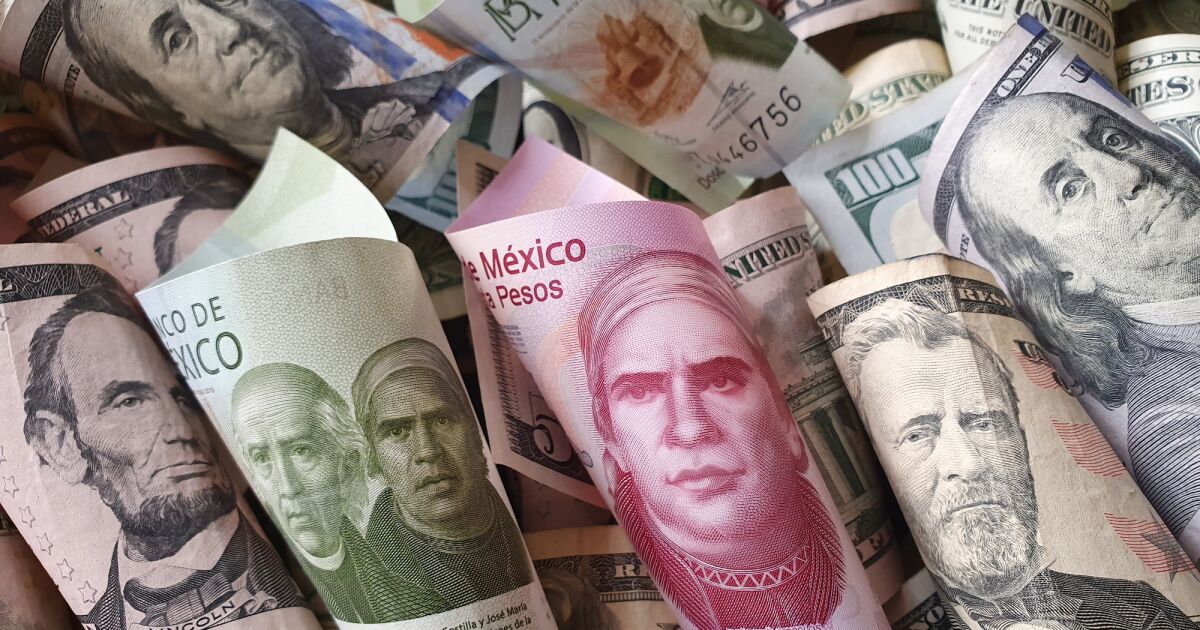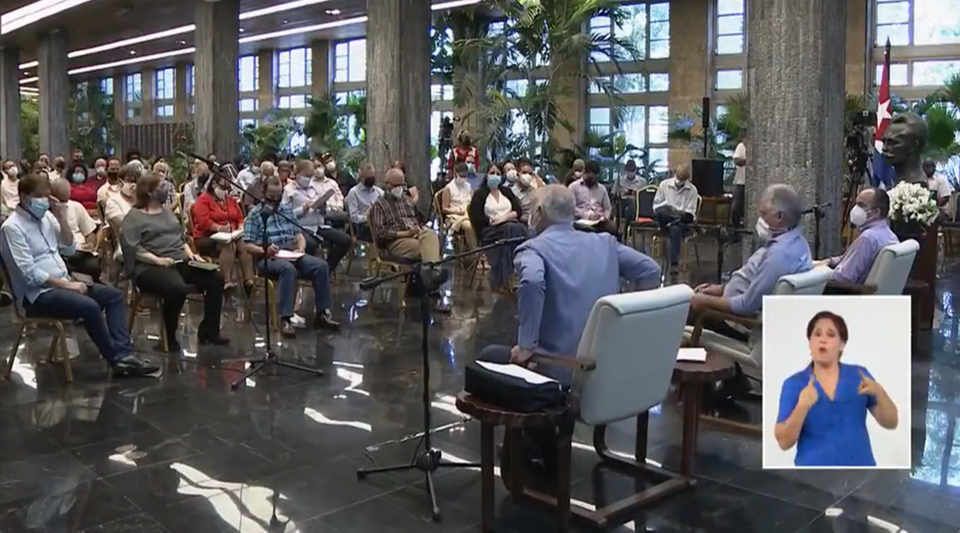Expansión spoke with this director of the leading Swiss group in wealth management to find out about his economic expectations for Mexico and the world and where the investments will be directed.
– What expectations do you have regarding inflation?
In the United States, the latest reading is 8.6%, we believe that the year will end at 7.5%, that gives us an idea that something will happen in the second half.
We expect that the base of comparison is already normalized, and that was not the case in the last 12 months when it was very low with very marked growth rates.
The second reason is the supply chains operating in a better way, not in a normal way, because what is seen in the automotive industry is different from what is seen in the electronics industry, but there is already evidence that in several industries the movement of goods flows more normally.
And finally, we have the issue of the global economic slowdown and the impact this has on commodity prices. With the world slowing down, we expect to see lower prices. It has already been seen in some industrial metals, it remains to be seen in energy, oil and natural gas.
In the permanent part, we believe that high inflation is here to stay, it does not mean an inflation of 7% or 8%, but rather a higher inflation than in the past, because there are several structural forces that are pushing prices. Among them is the phenomenon of deglobalization, that is, companies are looking for more regional and local suppliers so as not to depend on companies that, in a situation such as the pandemic or the war in Russia, find it difficult to get products to them.
Imagine a Mexican company that no longer buys its supplies from China or India and only buys from the United States or seeks to buy them from national companies. The issue is that the universe of suppliers shrinks, and acquires negotiation power in setting prices, and this leads to higher inflation in a structural way.
– Would this same phenomenon be seen in developing economies as in the case of Mexico?
Yes, it is a global phenomenon. I believe that for the country there are two ways of seeing it, the first is that Mexican companies that are global will also be entering this phenomenon of deglobalization in the coming years and this will bring challenges to face.
The other aspect is if Mexico’s number one trading partner begins to see the need to have more regional suppliers, the opportunity for Mexico is enormous, but you have to be prepared to be that supplier that the US selects.
– Where are the investments going?
Going forward we have a situation where inflation is not under control, but central banks are also very aware that global growth is fragile.
(Therefore) we will see a game of balance between controlling inflation and continuing to promote economic growth, what is the perfect combination? nobody knows, not even the Fed knows, because the situation we are experiencing is atypical.
I think that going forward we will see cautious but decisive movements. For the Fed, we are expecting a rate increase in July of 75 basis points, which could be 100.
So for many investments the higher rates in the United States are going to bring inflows to that market, to the fixed income market, and are going to strengthen the currency strongly and we believe that this is going to be the case for the next three to six months.
– Do you consider that the risks of a recession are real?
We see a probability of a recession in the United States in the next 12 months of 20%. We are slightly more optimistic than the market because we see that the vast majority of economic metrics remain good. We’re seeing corporate earnings remain strong. There is talk that the United States could suspend tariffs on imports from China. This movement could attract a benefit to inflation of around a quarter of a point and more in the medium term of a percentage point.
– What do you expect from inflation in Mexico and its interest rate?
For Mexico another increase of 75 basis points may come. It is not necessary to make increases one by one with the Fed from now on, but at least immediately it is necessary to try to maintain that parity because inflation is above 7%.
We believe that Banxico’s rate should be close to 8.5% at the end of the year. We are not particularly negative in this regard. I know that people from Banxico have said that the rate should be at 10%, but in that sense we do not foresee, neither for the world nor for Mexico, that inflation will get out of control.
We don’t see a need to have such a high rate especially as the peso has been behaving.
– Do you think that the Pacic has helped contain inflation?
Many of these measures to control inflation are usually temporary or have little significant effect. The most important thing is to understand that the inflationary forces that Mexico is experiencing are global, in such a way that there is no other option but to wait, give time for it to normalize and for inflation to begin to fall.
In Mexico there are great opportunities in Mexican sovereign bonds denominated in dollars with an interesting risk profile that is not found in Latin America.
At the end of 2020, Julius Baer had assets under management of CHF434 billion and operations in 20 countries.

















